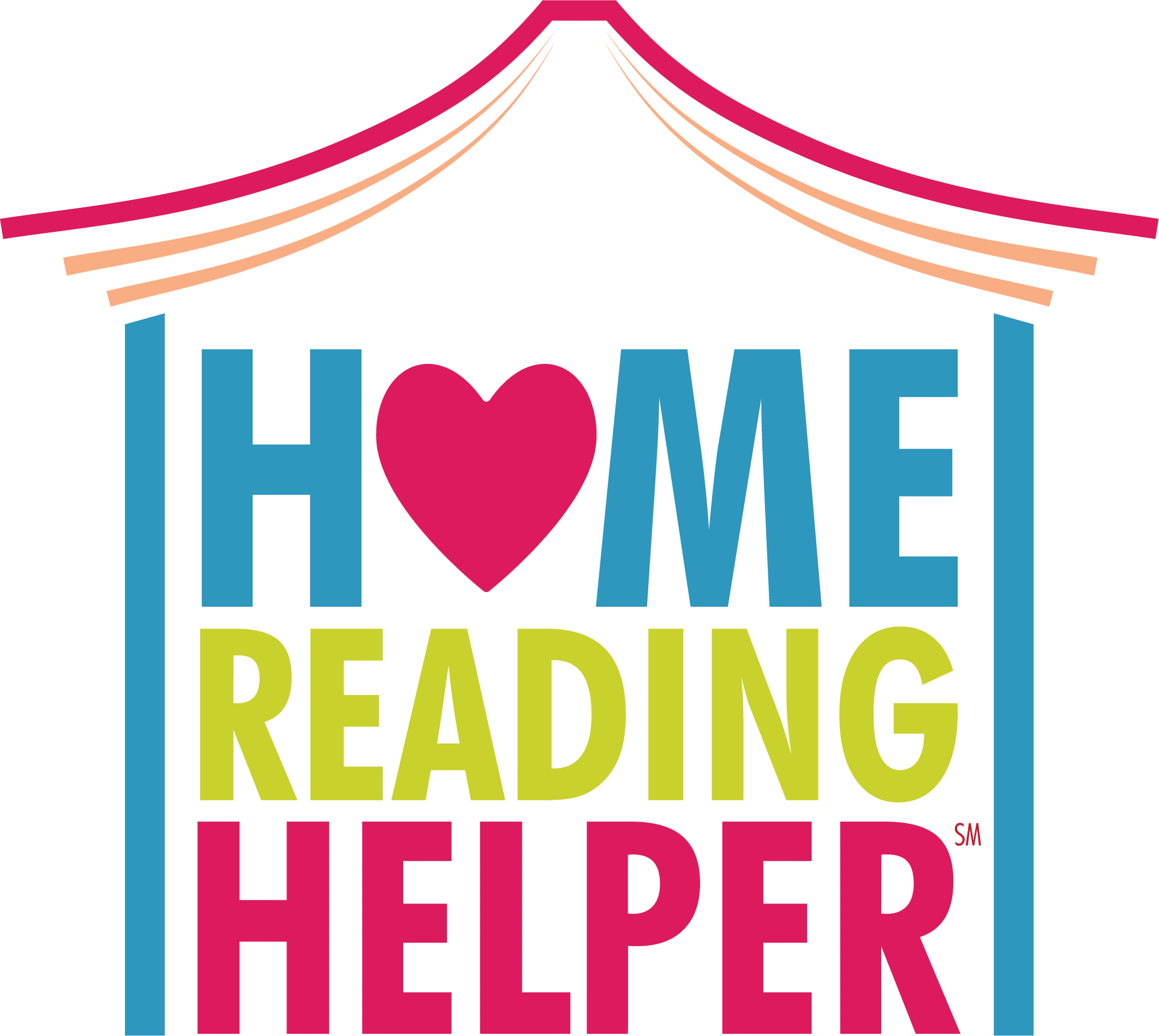Should My Child Be Able to Read Before Kindergarten?
We should not be pushing kids to read before they are developmentally ready to read. If we aggressively push children to read too soon, they may be turned off to reading after experiencing frustration. If they are ready to read, your child will show you.
What is most important at this age is that your child experiences success with reading readiness activities – like telling you the sound they hear at the beginning of a word, pointing out letters, rhyming words, enjoying looking through books and being read to. Whatever you do teach your child, make sure it is playful and fun.
What Pre-Reading and Writing Skills Should my Child have to be Ready for Kindergarten?
If your child cannot do everything on this list, it does not mean that she is not ready for Kindergarten! Children develop at different rates, which is normal. It’s helpful for parents to have an idea and goal of what their child should be working towards.
- I can recognize the uppercase (ABC) and lowercase (abc) letters of the alphabet
- I know the sound each letter makes (“S makes the sssss sound”) ( The letters q, x, or z can be tricky and it’s OK for kids to not know these or their sounds during pre-K)
- I can rhyme, if you say “top,” I can say “hop”
- I can listen to a story and then retell you about the beginning, middle and end
- I know how to hold a book, how to turn pages, and where to start a story
- I know sentences go from left to right, even if I’m not reading
- I can understand simple jokes
- I know the names of shapes
- I can break up a simple word into sounds (“cat is c-a-t”)
- I can tell you the beginning sound of a word (“mmmm for milk”)
- I am beginning to notice the ending sound of a word (“nnnn for fan”)
- I can clap syllables (“side/walk = two syllables”)
- I can hold a crayon or pencil using a regular grip
- I can draw a stick figure
- I can write my first name; I might be able to write my last name
- I can write some letters of the alphabet
- I can copy a cross (+) shape, an X, and a line
- I can cut a big circle with scissors and move the paper while cutting the line
- I can color a picture
- I can draw scribbles to “write” made up words, pictures or ideas
How Can I Test My Child’s Skills at Home?
You can give your child a quick reading assessment to mark what they’ve mastered and what they still need to learn. This will empower you to fill in the gaps and celebrate when your child conquers a new skill. This allows you to target the letters or sounds they don’t know.
Letters & Sounds
Determine what letters they know
Be aware of the letters and letter sounds your child knows. This can be as simple as writing down the alphabet on a small piece of paper and making a check next to the letters your child shows she can recognize. Put a smiley face next to the letter if she can tell you the sound and a squiggly line if she knows how to write it. Or use one like this: LETTER RECOGNITION CHART
Get Ready to Read Screening Tool, 20 questions, free for families
Print out this answer form to mark your child’s answers before doing the activity.
This is not a test, but is meant for a quick and easy way to see where your 4-year old is on the road to being ready to learn to read. It will give you a good sense of what your child can do and what your child still needs to learn.
Share the results with their Pre-K teacher and use the information to know your child’s strengths, as well as the skills with which they need more support. If, for example, you notice that the child has difficulty recognizing letters, including those in their name, you should choose activities that will help them learn the letters of the alphabet.



